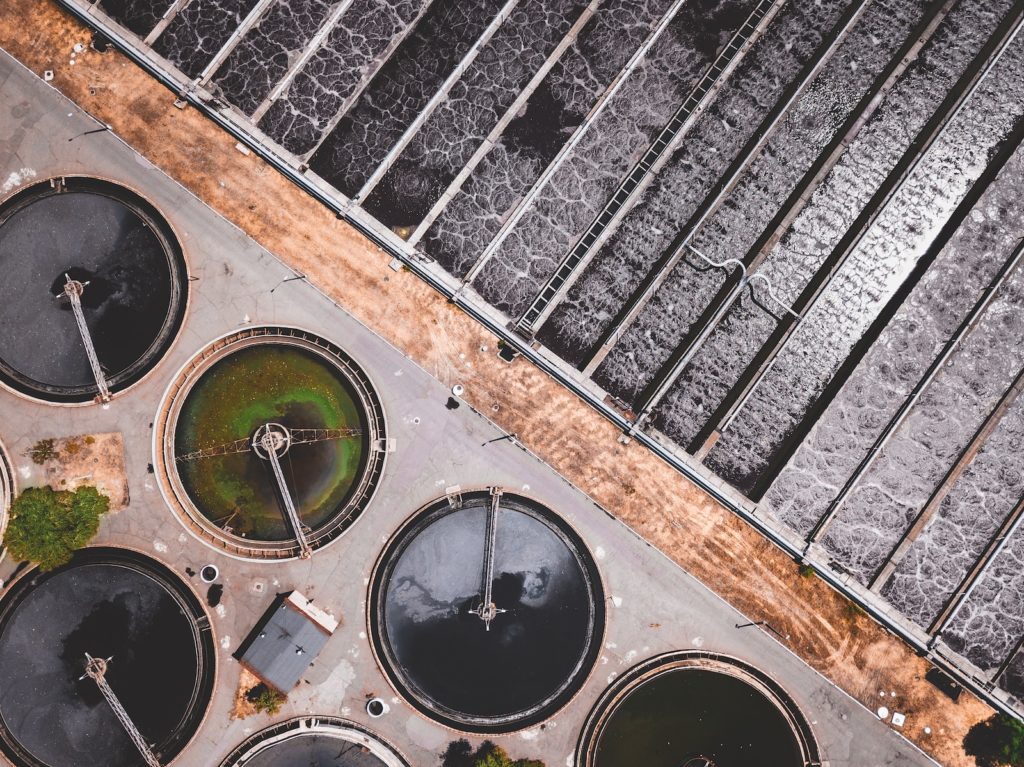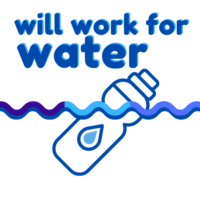In this article, you will learn about how to optimize water resources using artificial intelligence (AI) can improve water management and optimize water resources. AI can analyze real-time data to detect and repair leaks, reducing water wastage. It can also detect and reduce pollutants in water, helping to decrease water contamination. Additionally, AI can make water management easier through data analytics and algorithms. Furthermore, smart irrigation systems that use AI can minimize water usage in agriculture and optimize water resources.

The Importance of Water Management
Water is an essential resource that plays a key role in society. It is not only necessary for our survival, but also for sustaining ecosystems, agriculture, industrial processes, and overall economic development. However, with increasing population and changing climate patterns, the need for efficient water management has become crucial. Water scarcity and pollution have become major challenges that require innovative solutions. This is where artificial intelligence (AI) can come in.
Introduction to Artificial Intelligence in Water Management
Artificial intelligence, often referred to as AI, is a branch of computer science that focuses on creating intelligent machines capable of performing tasks that typically require human intelligence. AI technologies, such as machine learning and data analytics, have found applications in various industries, including water management.
In recent years, the use of AI in water management has emerged as a promising approach to address the challenges associated with water scarcity, pollution, and inefficient water usage. Artificial intelligence can improve the efficiency of water management systems and optimize water resources through data analysis and automation.

Water Resources using Artificial Intelligence can help reduce Water waste.
One of the key benefits of using AI in water management is the ability to reduce water wastage. Through real-time data analysis, AI algorithms can detect and pinpoint leaks in water distribution networks. This proactive approach to leak detection enables prompt repairs, minimizing water loss and preventing further damage to infrastructure.
Automation is another aspect of AI that can be utilized to reduce water wastage. By integrating AI systems with smart sensors and actuators, water utilities can automate leak repairs, valve adjustments, and other tasks. This not only saves time and resources but also ensures prompt action, preventing water wastage and improving overall system efficiency.
Reducing water wastage has significant benefits. It conserves valuable water resources, reduces energy consumption associated with water treatment and distribution, and lowers operational costs for water utilities. Additionally, by minimizing leaks, AI can help extend the lifespan of water infrastructure, reducing the need for costly repairs and replacements.
Water Resources using Artificial Intelligence will improve Detecting and Reducing Water Contamination
AI technologies can also play a vital role in detecting and reducing water contamination. Water quality monitoring is essential for ensuring safe and healthy water supplies. AI algorithms can analyze large volumes of data collected from sensors and other sources to identify patterns and anomalies that indicate water contamination.
By continuously monitoring water quality parameters, such as pH levels, dissolved oxygen, and the presence of contaminants, AI systems can detect early signs of pollution. This enables water management authorities to take timely actions to mitigate the risks and prevent further contamination.
Furthermore, AI can assist in identifying and reducing pollutants in the water. Machine learning algorithms can be trained to recognize specific contaminants and develop predictive models to identify their sources. This information can then be used to implement targeted interventions and regulatory measures to minimize pollution and protect water resources.
Preventing water contamination is crucial for safeguarding public health, protecting ecosystems, and ensuring sustainable water supplies. AI can aid in these efforts by providing real-time monitoring, accurate detection, and effective mitigation strategies.

Streamlining Water Management with AI
Apart from reducing water wastage and preventing contamination, AI can streamline overall water management processes. Data analytics plays a crucial role in improving decision-making and optimizing resource allocation. By analyzing vast amounts of data, AI algorithms can provide valuable insights that can inform policy-making, infrastructure planning, and operational strategies.
For example, AI can analyze historical usage data, weather patterns, and other relevant factors to develop predictive models for water demand. This information can help water utilities optimize their supply and distribution systems, ensuring an adequate and reliable water supply while minimizing waste.
Another area where AI can streamline water management is predictive maintenance. By analyzing sensor data and historical performance, AI algorithms can identify potential equipment failures or issues before they occur. This enables proactive maintenance and reduces downtime, improving the overall efficiency and reliability of water infrastructure.
By leveraging AI technologies, water management authorities can make informed decisions, optimize resource allocation, and ensure the sustainable use of water resources.
Water Resources using Artificial Intelligence in Smart Irrigation Systems
Agriculture accounts for a significant portion of global water consumption, making it a prime candidate for optimization through AI. Smart irrigation systems that utilize AI can minimize water usage while maximizing crop productivity.
By integrating soil moisture sensors, weather data, and crop characteristics, AI algorithms can determine the optimal amount of water needed for irrigation. This information can be used to automatically adjust irrigation schedules and control the flow of water, ensuring that crops receive the right amount of water at the right time.
Furthermore, AI can enable precision agriculture techniques, where irrigation is targeted to specific areas of the field based on crop needs. This reduces water wastage and helps prevent over-irrigation, which can lead to waterlogging and nutrient runoff.
Smart irrigation systems powered by AI have several benefits. They promote water conservation and sustainability in agriculture, improve crop yields, reduce energy consumption associated with irrigation, and minimize the use of fertilizers and pesticides, thereby minimizing environmental impacts.
Case Studies
Several real-world examples demonstrate the successful implementation of AI in water management. For instance, Barcelona, Spain, has adopted an AI-based water management system that uses real-time data analysis to monitor water quality, detect leaks, and optimize water usage. This has resulted in significant water savings and improved the overall efficiency of the city’s water infrastructure.
In Chennai, India, an AI-powered solution is being used to monitor and control water distribution across the city. The system analyzes data from sensors installed in water tanks and pipelines to detect leaks, optimize pressure, and prevent water theft, resulting in better water supply management and reduced wastage.
These case studies highlight the transformative impact that AI can have on water management, optimizing resources, and improving efficiency.
Challenges and Future Prospects
Despite the numerous advantages of AI in water management, there are some inherent limitations and challenges that need to be addressed. One of the challenges is the availability and reliability of data. Accurate and up-to-date data is essential for AI algorithms to provide meaningful insights and make accurate predictions. However, data collection infrastructure and data quality can vary across regions, posing challenges to the effectiveness of AI systems.
Another challenge is the need for expertise and capacity building. Implementing and managing AI systems requires skilled professionals who can develop and maintain the algorithms, interpret the results, and make informed decisions based on the insights provided by the AI system. Capacity building programs and collaborations between academia, industry, and government are essential for addressing this challenge.
Looking ahead, there are several potential advancements and research areas in AI for water management. This includes the integration of AI with other emerging technologies, such as the Internet of Things and remote sensing, to enhance data collection and analysis capabilities. Additionally, advancements in machine learning algorithms and computational power will further improve the accuracy and efficiency of AI systems in water management.
The future of AI in water management holds great promise. As the technology continues to evolve, it has the potential to revolutionize the way we manage water resources, address water challenges, and ensure the sustainable use of this precious resource.
Conclusion
Artificial intelligence has the potential to improve water management and optimize water resources through various applications. By reducing water wastage, detecting and reducing contamination, streamlining management processes, and optimizing irrigation in agriculture, AI can play a transformative role in ensuring the availability and sustainability of water.
While there are challenges to overcome and areas for further research, the future of AI in water management looks promising. By harnessing the power of AI, we can make significant strides in addressing water challenges and creating a more sustainable and efficient water management system.
Improve water management and optimize resources with artificial intelligence. Embrace the potential of AI to reduce water wastage, detect and reduce contamination, streamline management processes, and optimize irrigation in agriculture. Together, we can ensure the availability and sustainability of water through innovative solutions powered by AI.


